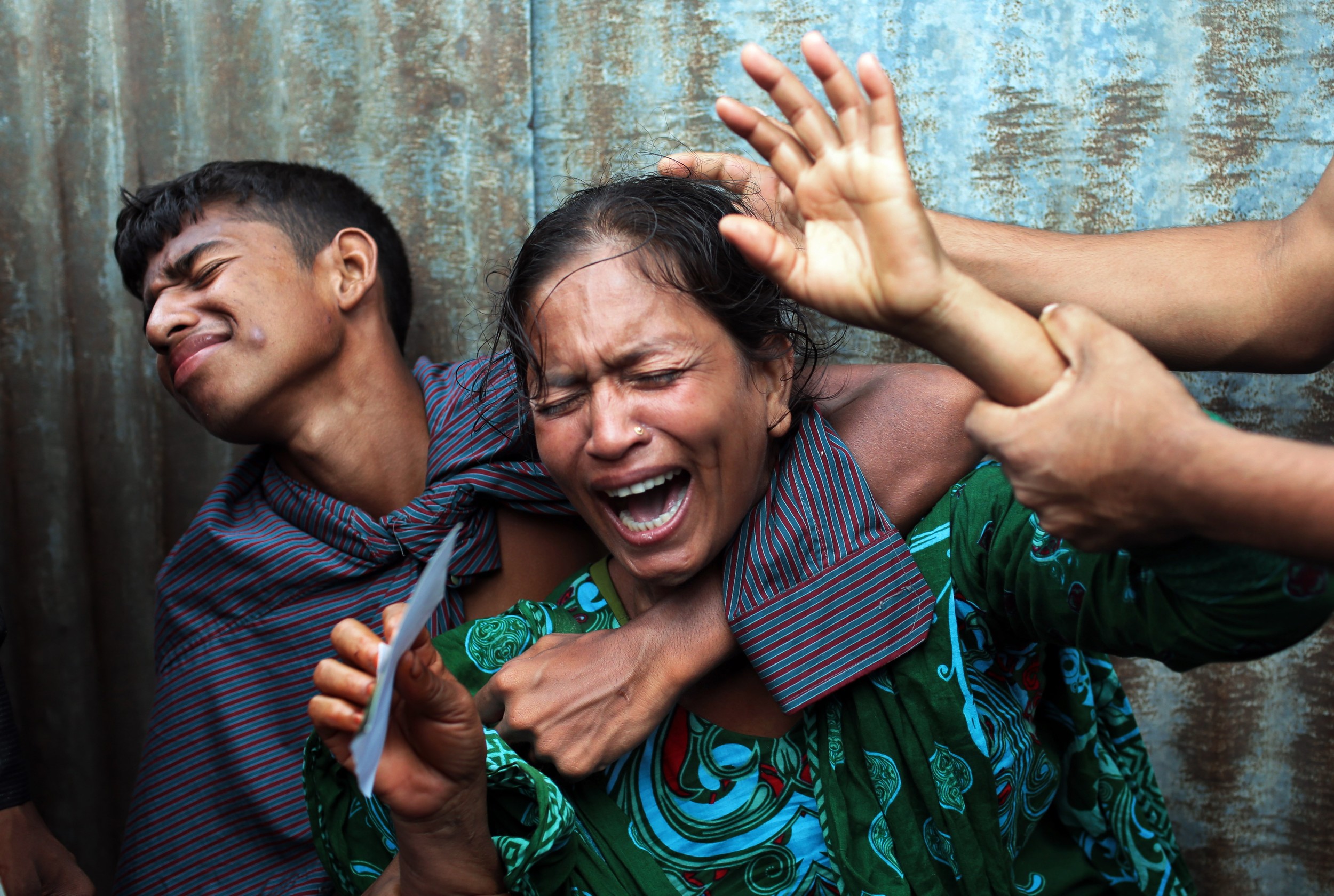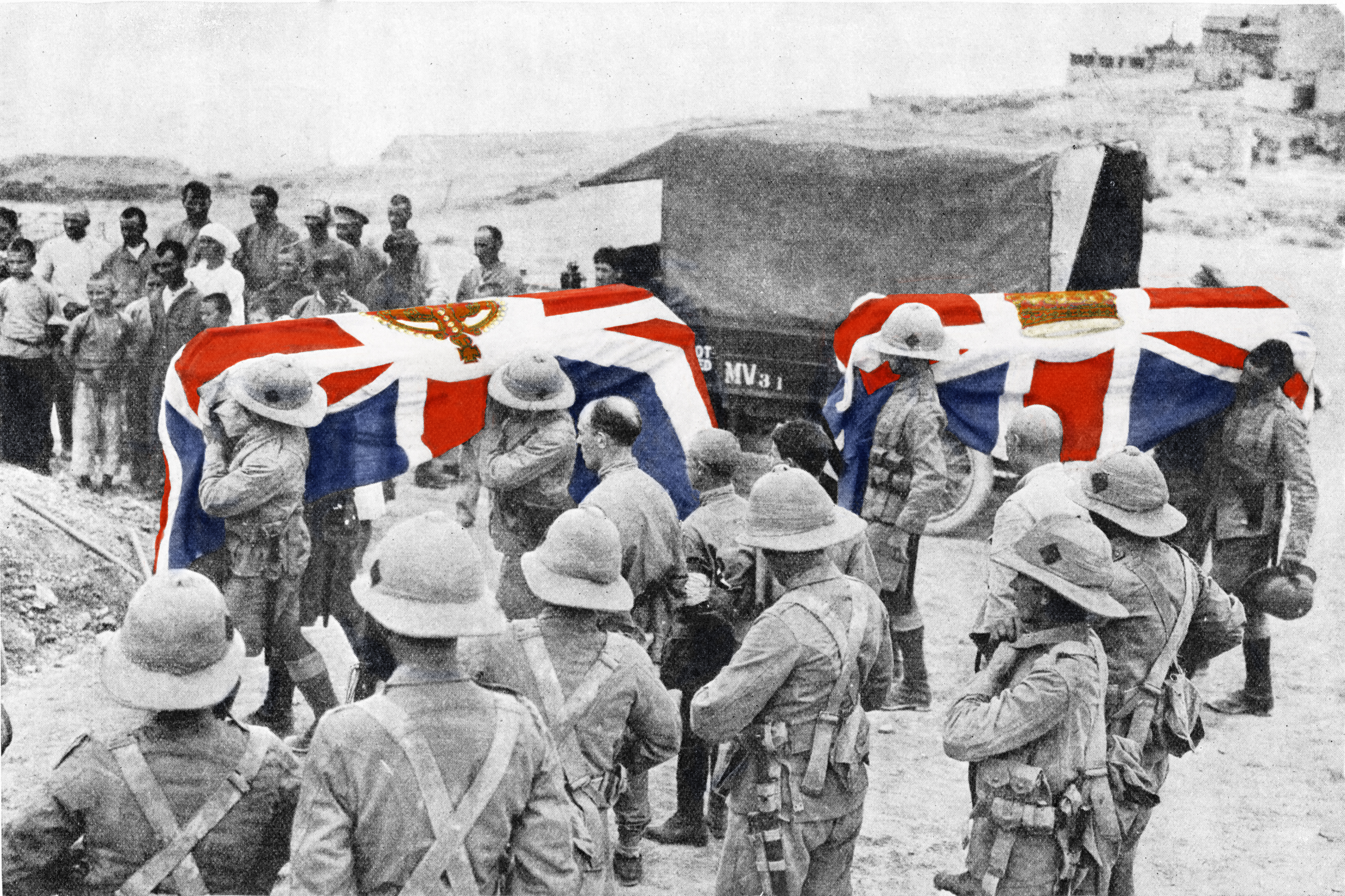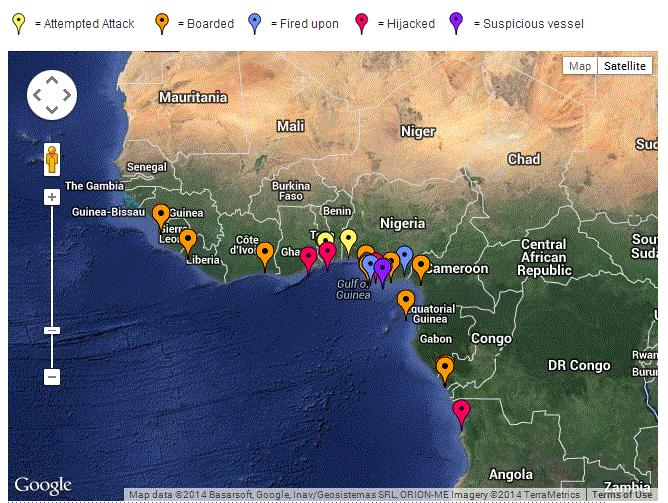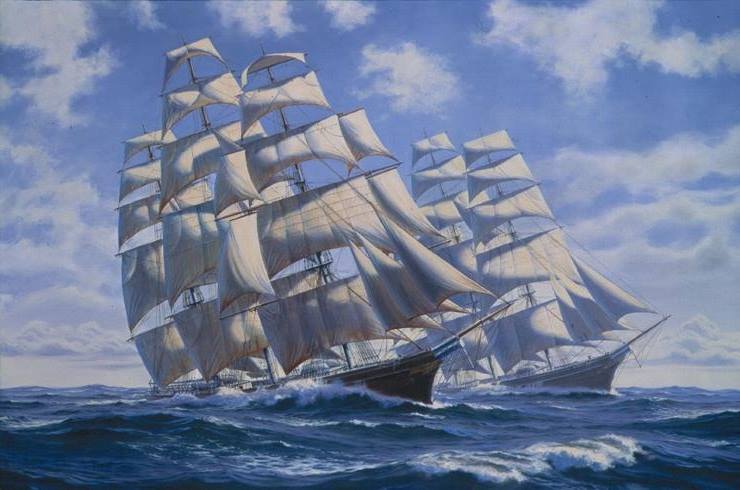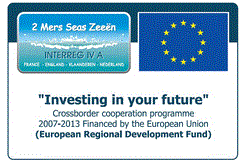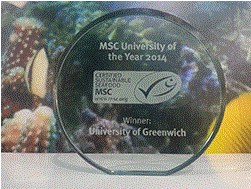July 22nd 6pm with wine reception 
At The Old Royal Naval College, Greenwich
booking email: l.hattersley@gre.ac.uk
How do you force someone to fight for you – to go to war? This and other questions will be addressed at a free public lecture by a military expert and University of Greenwich academic.
Professor Chris Bellamy is Director of the university’s Greenwich Maritime Institute, in the Faculty of Architecture, Construction & Humanities. An award-winning author and former defence correspondent at The Independent, Chris is also an expert on Russia and the former Soviet Union. His views have been widely sought by media over the current tensions between Russia and Ukraine.
Don’t try this at home…: Teaching War, 400 BC to the present takes place at the university’s Greenwich Campus on Tuesday 22 July 2014 at 6pm.
Chris says: “Warfare – the use of violence for political ends – is as old as recorded history and, some would argue, is the ‘dark side of civilisation’. Warfare requires communities organised on some scale and a measure of authority to force people to participate in an exhausting, terrifying, arduous and often tedious activity which runs against many of our natural instincts.
“From the beginnings of recorded civilisation the communities most successful in armed conflict triumphed through better organisation, equipment, training, tactics, and the conceptual component – an intellectual understanding of the nature and processes of warfare. To win in battle, and in warfare more generally, training and education are key.”
Technology, technique and science all feature strongly in the history of war. Examples developed and explored by Chris during his 13 years as a teacher at the Defence Academy of the UK at Shrivenham reveal that, until relatively recently, one combatant seldom had a decisive technological edge over another. It was discipline, training and technique– how they used it – that determined success.
Chris has taught these ideas to students, including many serving members of the armed forces, for many years. He will present a number of case studies, including analysis of the leap from mechanical energy – bows and arrows and catapults, to chemical energy – guns and rockets. Chris will also discuss the importance of indirect fire – artillery firing at targets which those manning the guns cannot see.
Without this development in technique the First World War, the start of which is being commemorated this year, could not have happened as it did. Yet very few historians understand what indirect fire is, or mention its decisive role in shaping the fighting on land, particularly on the Western front.
Don’t try this at home…: Teaching War, 400 BC to the present. University of Greenwich Maritime Institute, presented with the Centre for the Study of Play and Recreation. Tuesday 22 July 2014, 6pm until 7.30 pm. Room 080, Queen Anne Court, University of Greenwich, Old Royal Naval College, SE10, 9LS. To be followed by a wine reception.
All are welcome to this free lecture but to book a place for the wine reception, please contact the Greenwich Maritime Institute on l.hattersley@gre.ac.uk
This lecture precedes the 36th Annual Conference of the International Standing Committee for the History of Education, Education, War and Peace, to be held at the Institute of Education, University of London, 23–26 July 2014.
Mary Clare Martin, Ewa Sidorenko and Leticia Fernandez-Fontecha Rumeu, of the Department of Education and Community Studies, will be speaking on a panel at the ISCHE conference, entitled Survival, Pain and Memory: recovering experiences of war, peace and education in Spain, Poland, Gibraltar and Britain, 1902-1950.

